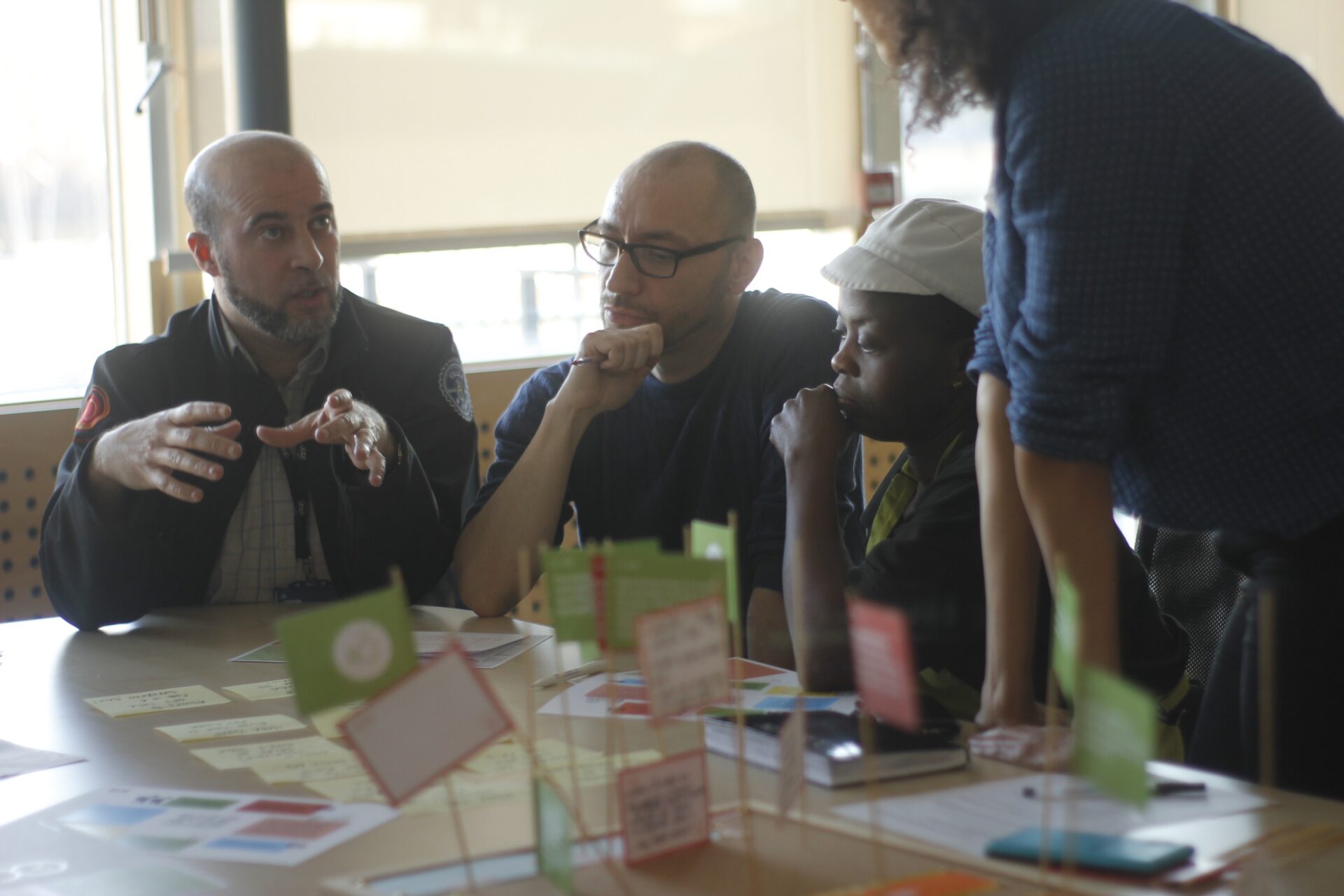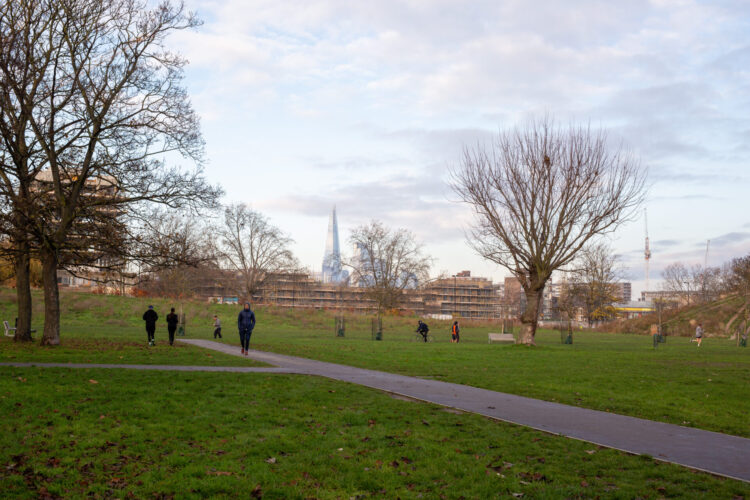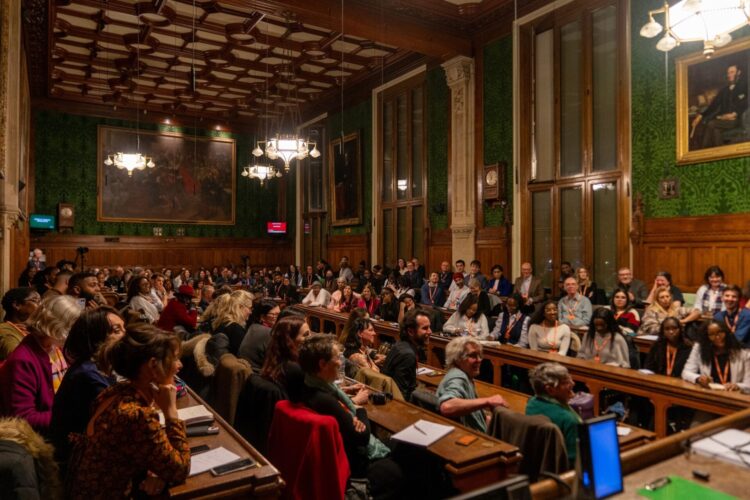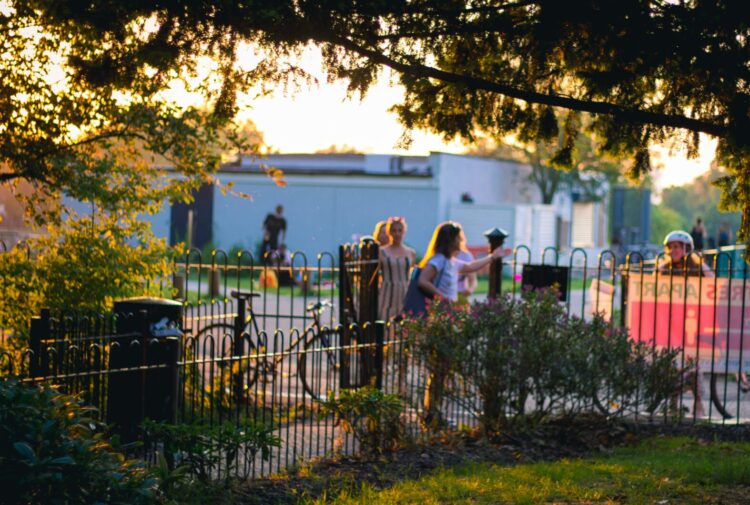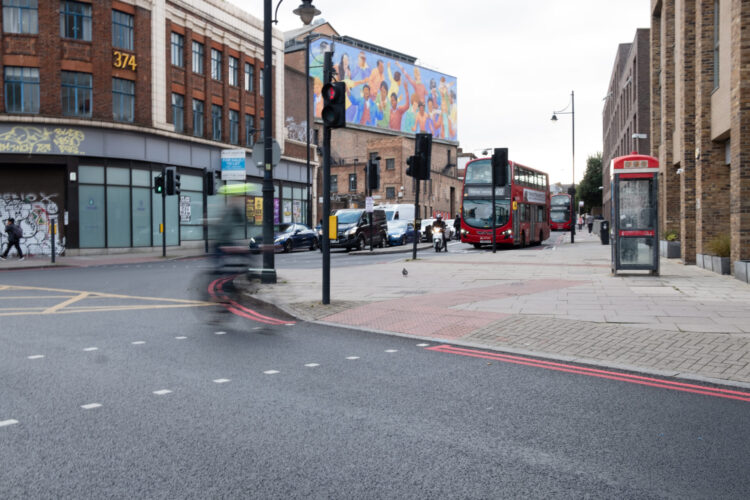Our air, our voices: Co-creating clean air policy with young Londoners
We’re proud to support Asthma + Lung UK’s new campaign, which involves working with communities to better inform air pollution policy. In this article, Asthma + Lung UK explain the value of participatory policymaking.
